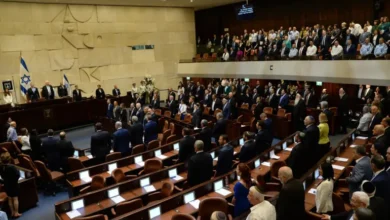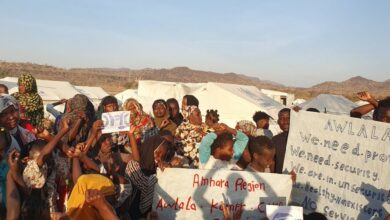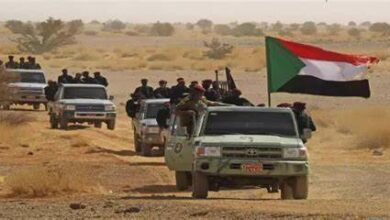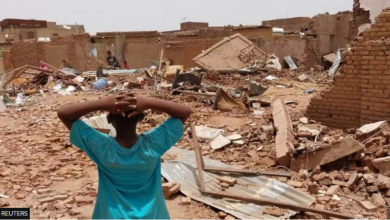The Conference on Humanitarian Issues highlights the horrors of the war in the Sudan
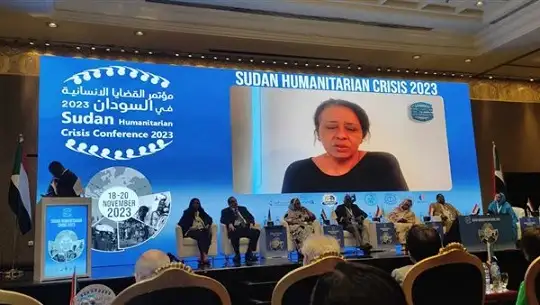
In Egypt for the second day, the conference on humanitarian issues in the Sudan continued with the broad participation of representatives of international organizations and humanitarian confrontations to discuss the difficult effects of 7 months of continuous fighting between the army and the Rapid Support Forces.
The first initiative of its kind called on Sudanese organizations and entities to organize the conference and discuss how to remove obstacles to the delivery of assistance to those affected by the fighting and to activate efforts to protect civilians.
According to the Chief Executive Officer of the Sudanese Awareness Foundation, Ms. Zahra Haider, the conference aims to achieve radical solutions to the war crisis by Sudanese organizations and representatives of global organizations and the United Nations.
Seven months after the conflict, some 10,000 people were killed and 10 million Sudanese were displaced from their homes and countries.
For her part, the Regional Director of the Strategic Initiative for Women in the Horn of Africa, Ms. Hala Karp, said that what had happened in the Sudan was not a coincidence but a product of decades of corruption and neglect.
Addressing the opening session, she added that one of the mechanisms used to destroy Darfur was armed militias called “quick support”, whose armed actions had extended to destroy Khartoum after it had been seized and looted and who must renounce those actions.
It noted that cases of sexual violence, chains of physical violence and atrocities spanning different states have spread to sporadic places in the Sudan, and daily life has become a threat to Sudanese even in refugee centres in the Sudan due to attacks by some militants.
WHO Director Tedros Adhanom said more than 3 million Sudanese were at risk of cholera.
In a speech recorded during the opening of the Sudanese Conference until 21 November, he stressed that work in the Sudan was taking place in a very difficult range.
Mr. Madani Abbas, Executive Director of NADA, also spoke at the opening session, saying that social protection in wartime in the Sudan was a critical issue where the most vulnerable were particularly at risk.
Protection must include basic life needs such as food, water and shelter, protection from violence and exploitation, and support for livelihoods such as education, training and employment.


